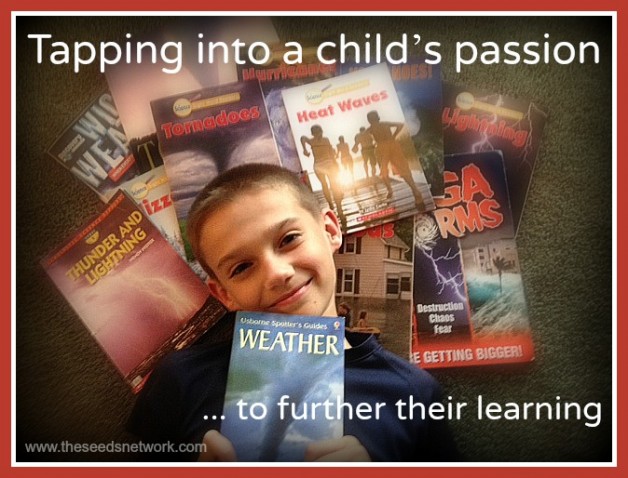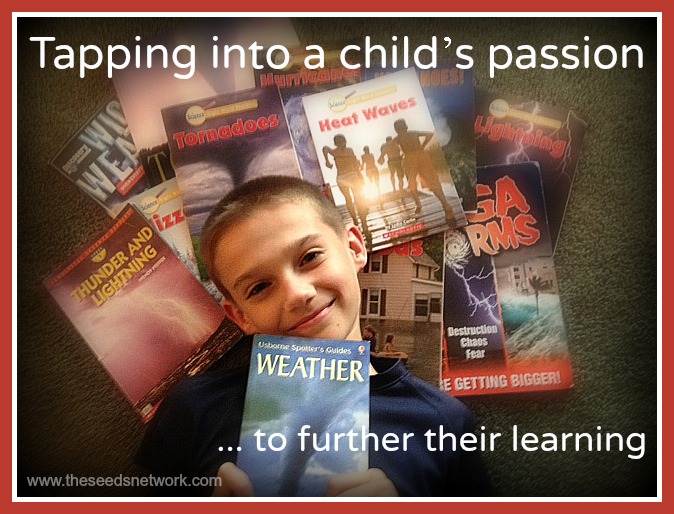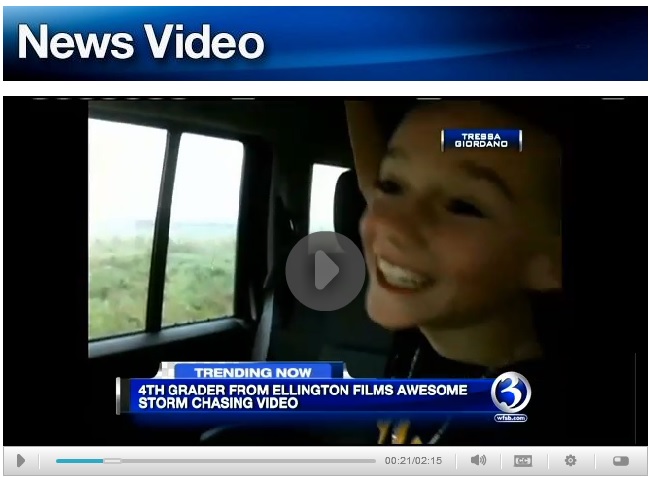There is no doubt that a child learns best when learning takes place in an area of interest. As educators, we must keep this in mind when lesson planning. This task can be daunting, especially when given a large group of students with various interests. However, when given the opportunity to learn and grow through a deep routed interest, wonderful things can happen. This is the story of my son Riley and how he continues to learn through his interest areas.
Preschool: bringing the learning to the child
As a preschooler, my son Riley had no interest in going over to the art center to make projects or sit with a teacher to learn how to write letters. Instead he preferred the block and science center. Usually gravitating toward hands on activities with cause and effect, opportunities to hypothesize and predict outcome; Riley needed learning to take place in a center he liked to be in. Fortunately for Riley, his preschool teachers embraced his interest areas and brought the learning of letter formation, early phonics, pre-math skills and writing to the centers that he loved. They were wonderfully creative and nurturing to Riley’s needs and interests.
Entering elementary school
As Riley entered Elementary school however, we found that he struggled somewhat. He was able to retain information, learn concepts in math and reading, however, struggled with reading fluency and phonics and decoding skills in text. Kindergarten through 2nd grade was challenging and somewhat frustrating as a parent. Although his teachers felt confident that he was “keeping up”, I as a parent was not satisfied. By third grade my worries increased when his reading fluency was decreasing and his other areas of study were suffering. My husband and I requested for Riley to be tested. I sympathized with Riley’s teachers because everyone was working so hard. In a class with 25 students, it is no doubt hard to tap into each child’s interest. I knew in my heart though, that something was not right.
After testing, we discovered that Riley has trouble with his verbal memory. This, unfortunately, makes learning very hard in a typical classroom environment. Just like preschool, Riley doesn’t fit into the conventional style of learning. He learns best through hands on activities, and through retelling verses writing. Upon discovering these findings, we were able to create better ways in which Riley can learn, be tested, and express himself. By fourth grade, Riley’s academic skill, in all areas, along with his confidence, has increased drastically.
Tapping into child’s area of interest
We have found that taking a topic of study that Riley LOVES and incorporating academic areas into it, is the way to go. An example of this is Riley’s love for weather. He is obsessed with tornados, hurricanes, tsunamis, the daily forecast…he loves it all. His fourth grade teacher and my husband and I provided Riley with as many tools for learning more about the weather that we could think of. We exposed him to lots of books to read, including the Farmer’s Almanac, tornado tubes, a digital weather predictor, and radar apps for his iPad. Providing materials and tools for Riley within his interest area gave him experiences and practice with reading, writing, and math within a mode of study that he is invested and interested in. As the year progressed, he because quite the little weather expert.
Riley’s Weather Video on Local News
After following a rain storm and videotaping his first ever weather report, I sent a clip to our local news station. To our surprise they aired his video and Riley became an official weather forecaster. Our local apple orchard saw the video and asked him to become a regular “reporter” for their orchard, reporting on crop growth, and educating folks on how apples and peaches are grown. Not bad for someone who struggles with verbal memory!
“Orchard Fun with Riley” video
As a parent, I am so proud of Riley for working so hard to do well in school. As an educator, Riley is my inspiration to continue to look at students as individuals and to nurture their interests and passions. It is those types of teachers who make a difference in a child’s life and those students who are able be successful in life.





Leave a Reply